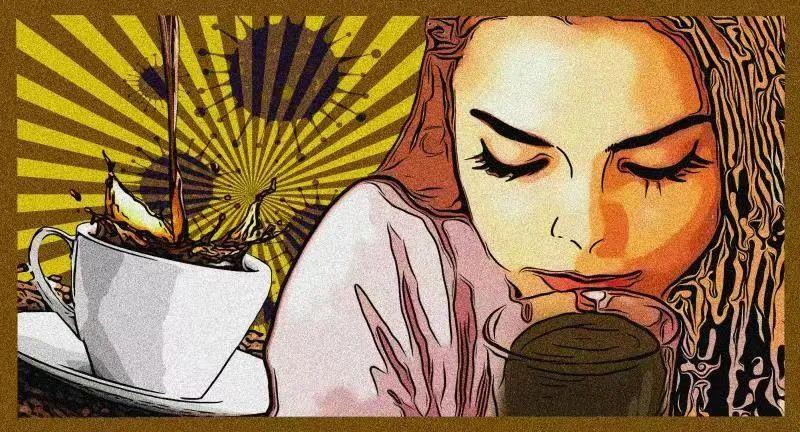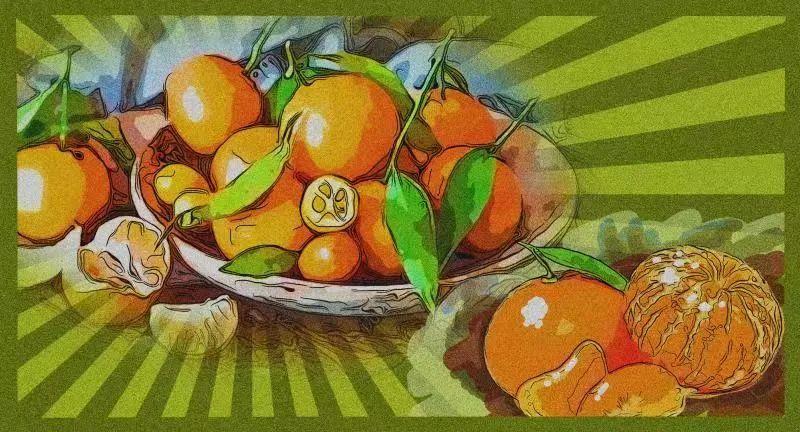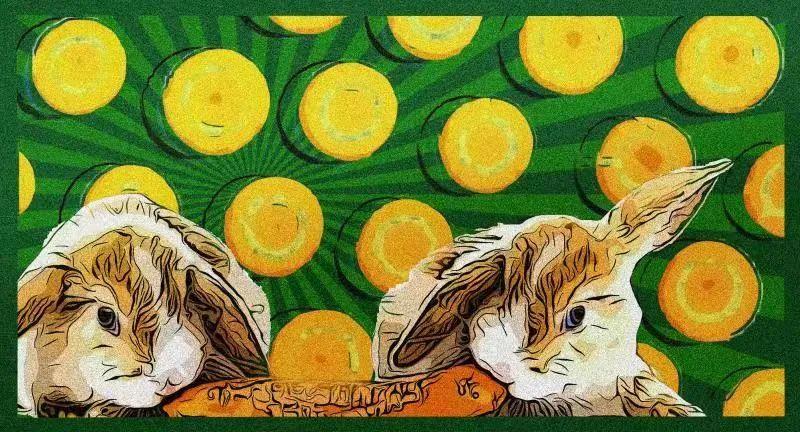Can’t Covid-19 drink coffee when he is recovering from infection? Is it easy to get severe diarrhea after being infected with XBB strain? Citrus has been treated with preservative, which is harmful to health … … Are these rumors reliable? Let’s look at the expert interpretation.
01
Rehabilitation period of Covid-19 infection
No coffee?

Myth content:You can’t drink coffee when you are infected with Covid-19, because caffeine will make your heart beat faster and affect your recovery.
Interpretation of the truth:This is probably overdone. After drinking coffee, the heart rate may increase and the blood pressure may increase slightly, because caffeine can promote the release of norepinephrine from sympathetic nerve endings, accelerate the heart rate and enhance the myocardial contractility. But what is certain is that the caffeine content of normal coffee consumption will not cause arrhythmia or other additional risks.So far, there is no research suggesting that drinking coffee is not good for the recovery of Covid-19 infection.
02
Infection with XBB strain is easy to cause severe diarrhea.
Want to prepare montmorillonite powder?

Myth content:The strain XBB1.5 mainly attacks the digestive tract, so montmorillonite powder needs to be prepared.
Interpretation of the truth:The World Health Organization has issued a statement: According to the current data, the severity of XBB infection is not significantly different from that of other strains in Omicron, and there is no mention of mainly attacking gastrointestinal tract and diarrhea. Gastrointestinal symptoms may indeed occur in Covid-19 infection, but diarrhea and vomiting are not the main symptoms of COVID-19. Even if diarrhea occurs, viral diarrhea mainly depends on self-healing. What is more noteworthy in this process is thatPrevention of dehydration and electrolyte disorder by rehydration saltInstead of eating montmorillonite to stop diarrhea.
03
Citrus has been treated with preservative.
Eating it is not good for your health?

Myth content:Citrus should be soaked in "fresh water" after picking, which is not good for health and cannot be eaten.
Interpretation of the truth:You don’t have to worry too much. Citrus really needs fresh-keeping treatment after picking, because the citrus skin is thin and tender, and it is easy to be damaged by machinery. All kinds of pathogenic bacteria (especially mold) lurking in the environment will take the opportunity to invade from the wound, leading to postharvest diseases of citrus fruit, which will make the surface of citrus fruit "moldy", lead to the whole fruit rotting and inedible, and easily spread to other citrus placed together. Therefore, it is necessary to treat citrus with preservative to inhibit germs and avoid losses. butProper use of preservatives specified in the national standard and good detection of pesticide residues can ensure citrus farmersdamageMeet health standards.In addition, the preservative used for citrus is low/slightly toxic to people, and usually we don’t eat orange peel directly.
04
COVID-19’s recovery standard is that he can hold his breath for 40 seconds?

Myth content:Even if Covid-19 has turned negative after infection, holding his breath for less than 40 seconds means that there is something wrong with his lungs.
Interpretation of the truth:There is no basis for this judgment. In recent editions of COVID-19’s diagnosis and treatment plan, the evaluation criteria for Covid-19’s recovery from infection usually include the following aspects: body temperature, symptoms, imaging and nucleic acid detection (no longer required since the tenth edition of the diagnosis and treatment plan), and there is no mention of "holding your breath". It can be seen that "holding your breath for more than 40 seconds" has not been used as the standard for COVID-19’s recovery. From a medical point of view, there is no clear correspondence between the change of vital capacity and pneumonia. Moreover, each person’s lung reserve capacity, lung parenchyma and airway elasticity are also different, which will affect the changes and differences of vital capacity. Therefore,Holding one’s breath is not reliable whether it is used to judge the recovery of COVID-19 infection or to test lung health.
05
Coenzyme Q10 can prevent and treat COVID-19 infection.
Induced myocarditis?

Myth content:Coenzyme Q10 can prevent viral myocarditis and treat heart disease. Therefore, it is necessary to supplement a large amount of coenzyme Q10 after COVID-19 infection.
Interpretation of the truth:At present, there is no evidence that coenzyme Q10 can prevent myocarditis induced by COVID-19 infection, and coenzyme Q10 has not been approved by FDA to treat any diseases., only allowed to be sold as a dietary supplement. Coenzyme Q10 can only play an auxiliary role in heart diseases, and the so-called prevention of myocarditis is purely exaggerated propaganda. Moreover, coenzyme Q10 in the human body is mainly synthesized by itself, and it is not easy to be deficient in a small amount from food. When the human body is not deficient in coenzyme Q10, a large amount of supplementation can not bring additional benefits. Coenzyme Q10 needs to be taken under the guidance of a doctor or pharmacist. As a health care product, it is not recommended to take it in large quantities for a long time.
06
Rabbits love carrots?

Myth content:Carrots are rabbits’ favorite food.
Interpretation of the truth:This is a common misunderstanding.Hares love alfalfa best.branch of academic or vocational studyAnd leguminous plants, not carrots.Besides, carrots belong to crops planted by human beings, and there are not many opportunities for rabbits to eat carrots, and the sugar content in carrots is relatively high, which is not suitable for the digestive system of rabbits. Rabbits are domesticated species of rabbits, and most of their habits are the same as rabbits. In the process of raising rabbits, they can’t refuse to feed carrots because they can’t choose independently when humans feed them, and they have a wide range of eating habits. In addition, some literary works often associate carrots with rabbits, which leads to the widespread misunderstanding.
关于作者